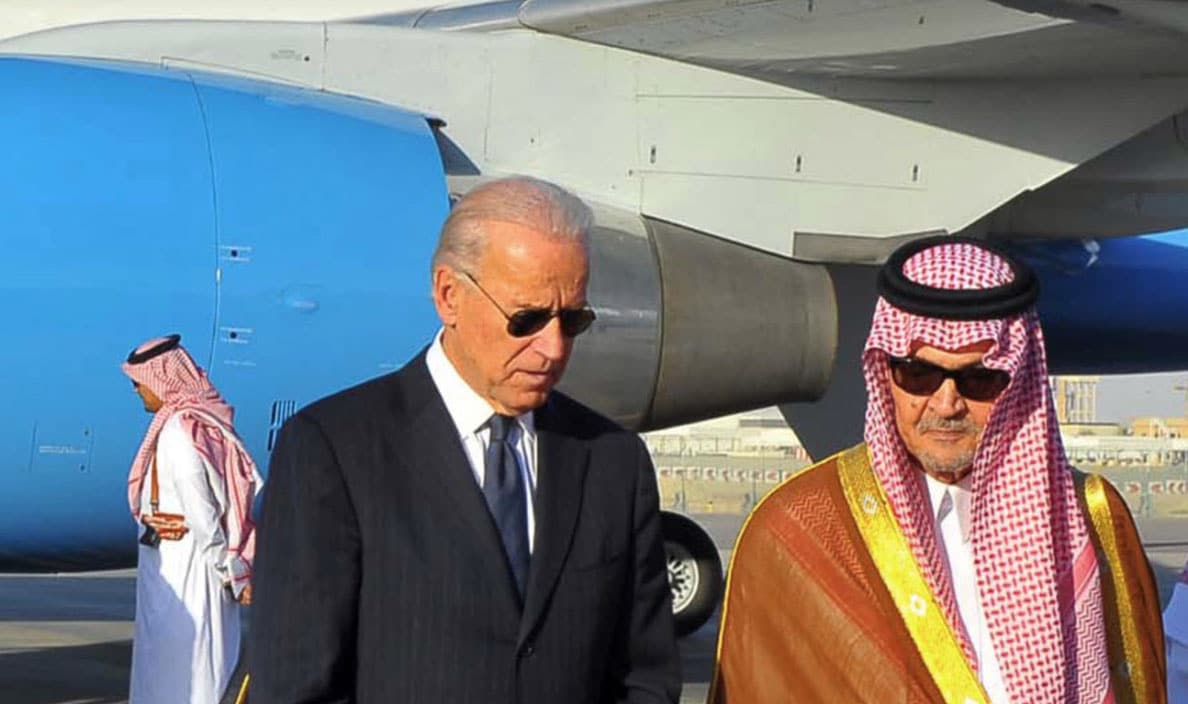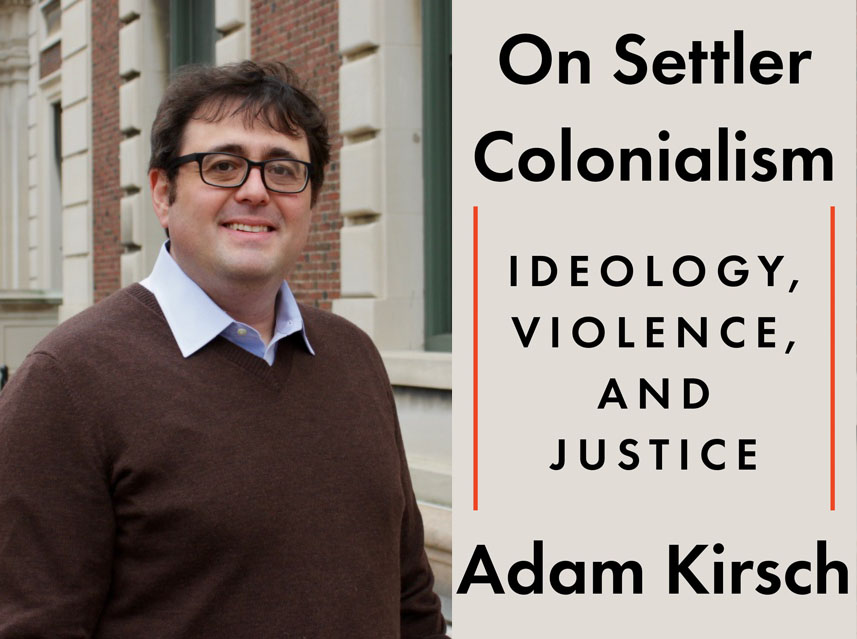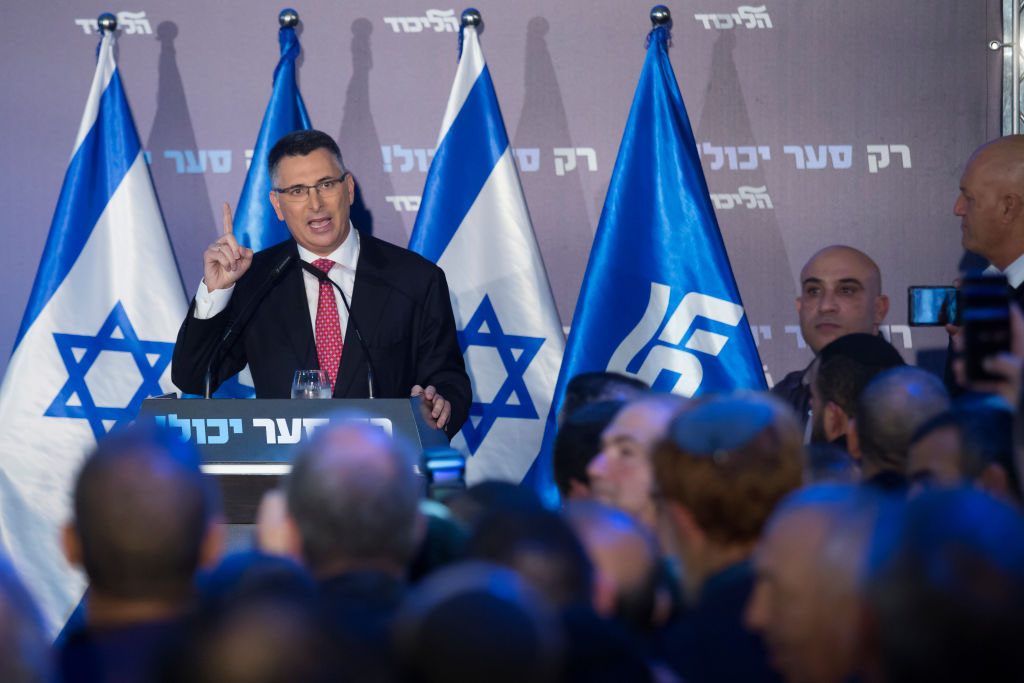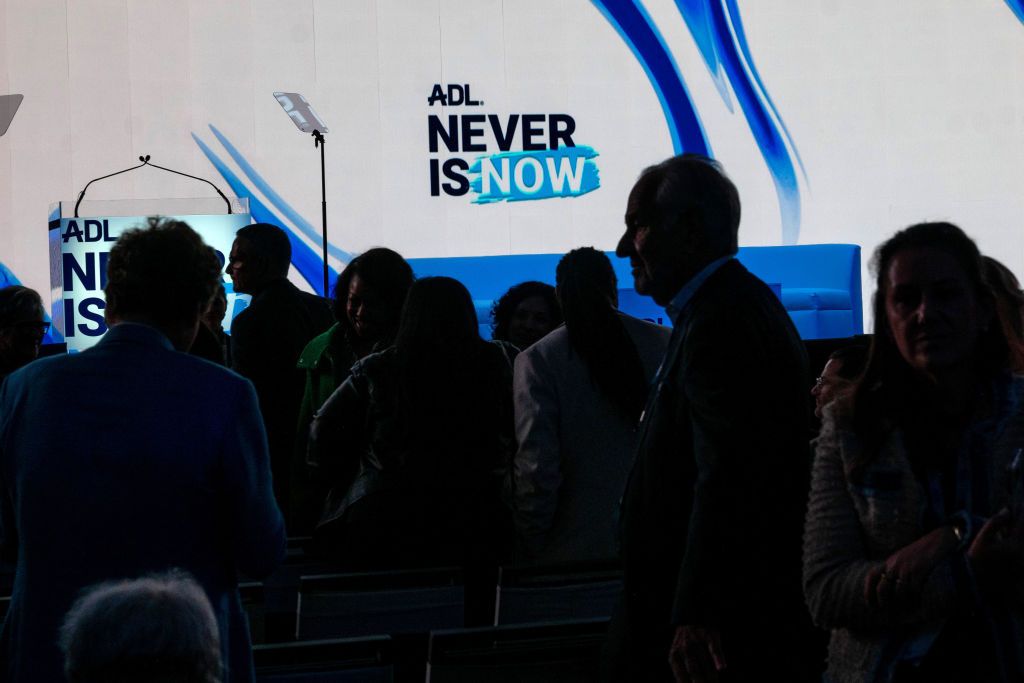
The Media Line — As congratulations came pouring into President-elect Joe Biden’s Twitter feed from around the world late Saturday, one US ally remained conspicuously silent. It was more than 24 hours after the race was called for the former vice president that the king of Saudi Arabia, one of the most powerful Muslim nations in the world, released a short statement expressing “best wishes of success to Mr. Biden and to the friendly people of the United States of America.”
Riyadh’s hesitancy to accept the shifting sands in Washington may reflect concern that the new administration’s policies will be far less friendly. After four years of close ties with President Donald Trump, Saudi Arabia and its regional allies wonder whether Biden will upend those relations and draw closer to Iran.
The tense and sometimes adversarial relationship Saudi Arabia, the United Arab Emirates and their partners had with former president Barak Obama turned into a close friendship under Trump.
“Trump went a ways to defend the Saudi royal family from critical public opinion and a more hostile Congress and international community,” Dr. Yoel Guzansky, a senior research fellow at the Institute for National Security Studies at Tel Aviv University, told The Media Line.
“Trump made a cold calculation; he saw that connection through a narrow transactional lens.”
The outgoing president backed Riyadh amid accusations concerning human rights abuses, involvement in the ongoing Yemeni civil war and perhaps most important, the murder of Jamal Khashoggi, a Saudi journalist and dissident who was said to have close ties to the Muslim Brotherhood, an enemy of the Saudis.
“Trump made a cold calculation; he saw that connection through a narrow transactional lens,” Guzansky says, noting the White House’s agreement to sell Saudi Arabia $8 billion in weapons including precision-guided bombs and more recently, its decision to sell $10.4 billion in F-35 stealth combat aircraft to the United Arab Emirates.
Biden, meanwhile, has signaled that he will follow a different path in the Middle East. He has vowed to make Riyadh “the pariah that they are” for human rights and other transgressions and to halt weapons sales to the kingdom. He has also promised to renegotiate and reenter the Joint Comprehensive Plan of Action nuclear deal that Obama forged in 2015 with Iran, the archenemy of Saudi Arabia, some other Gulf Arab countries and Israel.
Prof. Mehran Kamrava, who teaches government at Georgetown University’s Qatar campus, believes Sunni states in the Gulf must recalibrate their regional policies.
“Arab states of the Persian Gulf have capitalized on US-Iranian tensions and have used these tensions to their material and strategic advantage in a variety of ways. This is one of the main reasons they were not fans of the Obama Administration’s willingness to talk to Iran,” Kamrava told The Media Line.
The president-elect’s approach may force these monarchies to “realize that their unconditional security reliance on the US needs to be modified, or at least tweaked, so as to reduce their own tensions with Iran,” he notes.
“There is real concern among the Sunni states that this will be a rerun of the Obama years, that Biden will take the economic pressure off Iran, allow them to improve their standing. Iran is at the top of their list in terms of importance.”
Guzansky, who served on Israel’s National Security Council and coordinated work on Iran and the Gulf under three prime ministers, agrees.
“There is real concern among the Sunni states that this will be a rerun of the Obama years, that Biden will take the economic pressure off Iran, allow them to improve their standing. Iran is at the top of their list in terms of importance,” he says.
On Monday, reports surfaced that the US State and Treasury departments would slap more sanctions on Tehran’s ayatollah regime, further damaging its economy.
“Paradoxically, what Trump is doing now helps Biden. It hands him some leverage that he can’t be blamed for, but he can offer to remove during negotiations” with Iran, Guzansky says.
Biden may also push for an end to Arab Gulf countries’ boycott of Qatar.
In June 2017, the UAE, Saudi Arabia, Bahrain and other Arab Gulf countries severed diplomatic ties with Qatar and refused to trade with it, saying Doha supported terrorism throughout the Middle East. Trump initially approved of the move, but later attempted to end the boycott of Qatar, where the US Central Command and US Air Force Central Command have headquarters.
“Trump tried and failed in that regard,” Guzansky adds, adding that Biden will have more leverage at his disposal to press Gulf states to enter into talks with Qatar. “He may be able to force Saudi Arabia and the UAE into a normalization process similar to what Trump achieved with Israel.”
But Kamrava, who is based in Doha and recently published a book on the matter titled Troubled Waters: Insecurity in the Persian Gulf, believes the Qatari crisis will not be one of the most pressing items on the new administration’s agenda, despite being a “foreign policy issue that demands attention, as in the long run it undermines US interests.
“I do not expect the new administration to proactively try and resolve the conflict in its first 100 days,” he says. “What may happen, nevertheless, is a change in Saudi and Emirati perceptions of the new direction of US foreign policy under the Biden Administration…, and this change in perceptions may in turn prompt the Saudis and the Emiratis themselves to send signals to Washington that they are willing to resolve their conflict with Qatar.”
All in all, leadership in Doha is hardly saddened by the election’s outcome, Kamrava explains, noting the tense relationship it has held with Trump.
“They are happy to see him, and surely [Saudi Crown Prince] Mohammed bin Salman’s personal friend Jared Kushner, leave office,” he says. “[But] this feeling of relief is unlikely to be shared in other regional capitals, especially in Riyadh, Abu Dhabi and Manama, and also in Cairo.”























 More news and opinions than at a Shabbat dinner, right in your inbox.
More news and opinions than at a Shabbat dinner, right in your inbox.